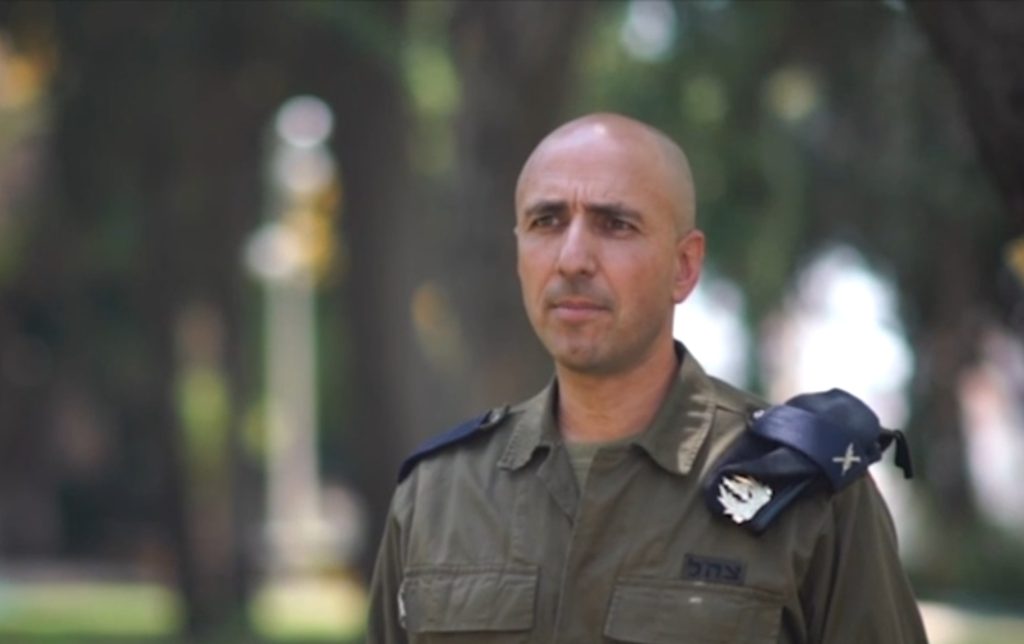Legal Affairs
U.S. executes man convicted of rape & murder

Authorities in Alabama on Thursday April 24, 2025, executed James Osgood, 55, by lethal injection at the William Holman Correctional Facility in Atmore.
Report says, Osgood had waived all appeals and requested to be put to death for the 2010 rape and murder of Tracy Lynn Brown in Chilton County.
He was convicted of capital murder in 2014 after prosecutors proved that he and his girlfriend, who was Brown’s cousin, sexually assaulted the victim before slashing her throat.
Osgood told the Associated Press before his execution that he did not want to keep wasting taxpayers’ money and time.
“I am guilty of murder,” he said. “I took a life, so mine was forfeited.”
Brown’s stepmother, Jackie Wileman, told the court during sentencing that the act was beyond comprehension.
“I couldn’t imagine anyone doing that to another human being, not even to an enemy,” she said.
The judge who imposed the death sentence acknowledged Osgood’s traumatic childhood, marked by sexual abuse, abandonment, and a suicide attempt.
But he stressed that the horror of the crime outweighed those circumstances. “He killed her while she begged for her life,” the judge said.
Osgood expressed regret for the pain he caused Brown’s family.
“I apologize,” he said, though he added that only God could forgive him.
His girlfriend received a life sentence for her role in the crime.
Osgood became one of a growing number of death row inmates who requested to be executed rather than pursue appeals.
The Death Penalty Information Center reported that over 165 inmates in the U.S. had volunteered for execution since the death penalty resumed in 1977.
The Center noted that most of them had histories of mental illness, drug abuse, or suicidal thoughts.
However, similar cases have drawn attention across the United States.
In 2020, Wesley Ira Purkey was executed in Indiana after dropping appeals in a case involving the rape and murder of a teenage girl.
He had also confessed to dismembering and burning her body.
Like Osgood, Purkey expressed remorse and said he deserved to die.
Another high-profile case involved Michael Ross, who was executed in Connecticut in 2005 after waiving his appeals.
Ross admitted to killing eight women between 1981 and 1984.
He said he was tired of living with guilt and wanted to spare the victims’ families further pain.
Earlier this year, Alabama Governor Kay Ivey commuted the sentence of Robin “Rocky” Myers to life in prison, citing unresolved questions about his guilt.
It marked the first time since 1999 that an Alabama governor granted clemency in a death penalty case.
Osgood’s execution added to the ongoing debate over capital punishment and mental health, especially among those who choose to die rather than fight their sentences.
For Diaspora Digital Media Updates click on Whatsapp, or Telegram. For eyewitness accounts/ reports/ articles, write to: citizenreports@diasporadigitalmedia.com. Follow us on X (Fomerly Twitter) or Facebook












